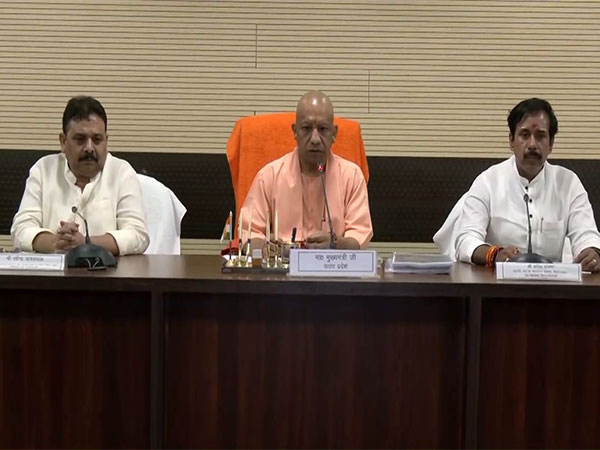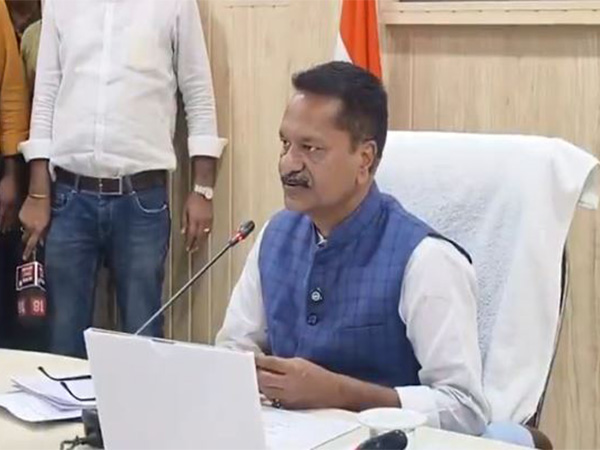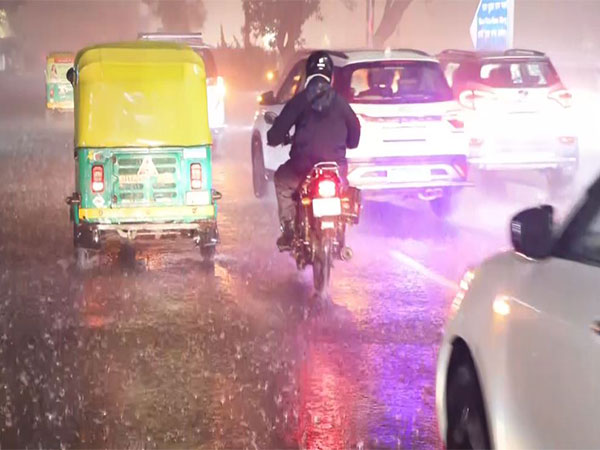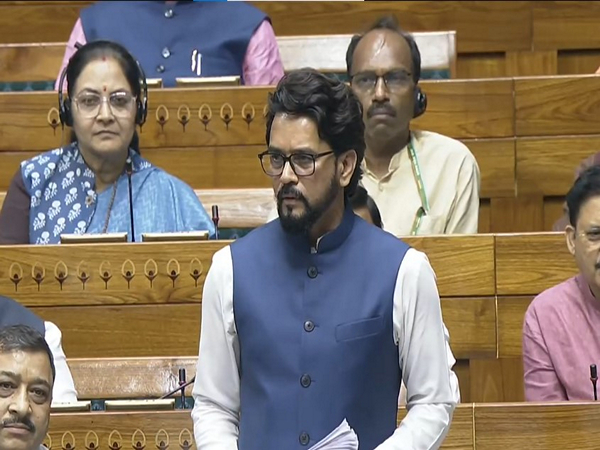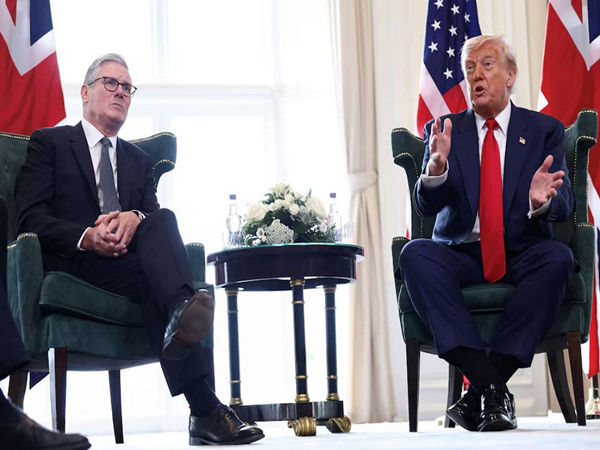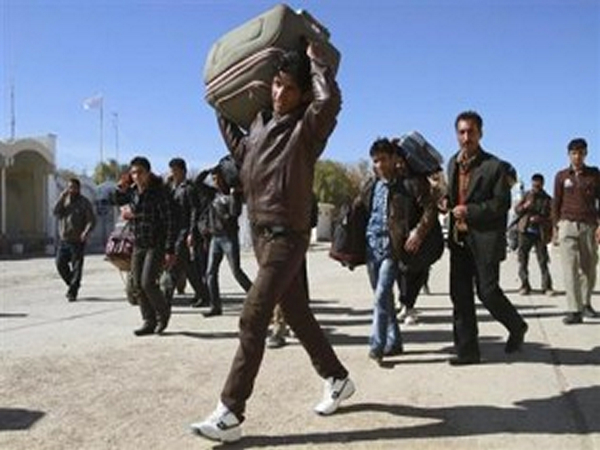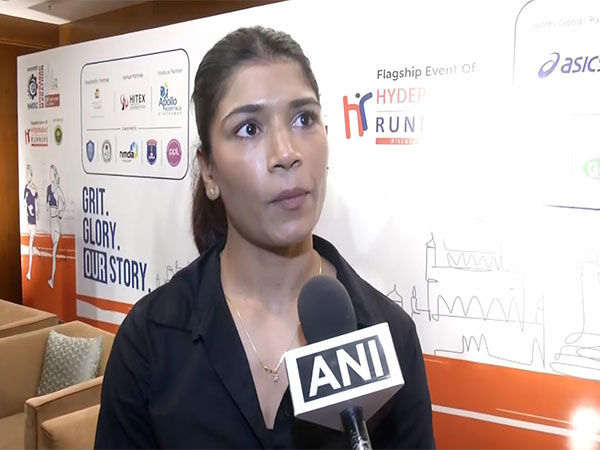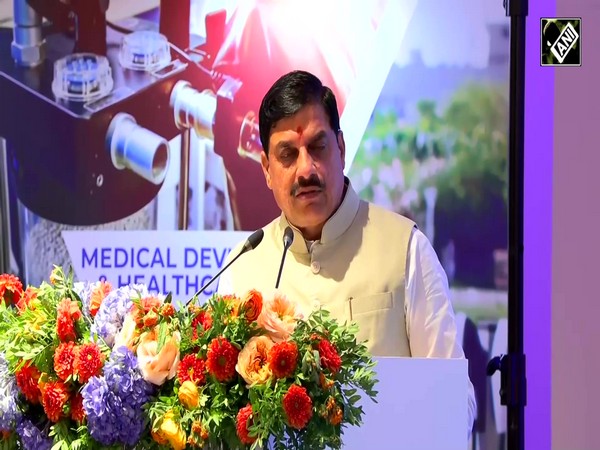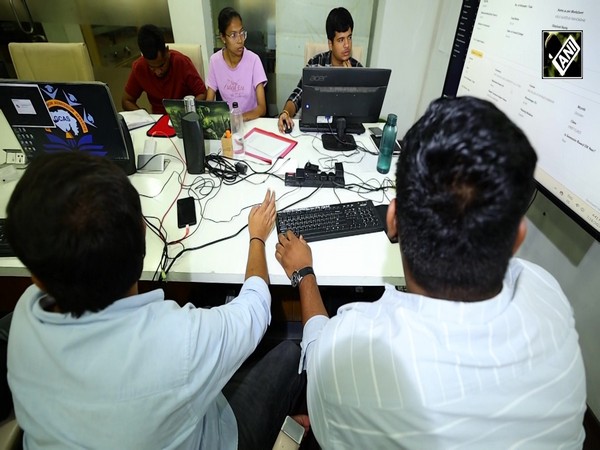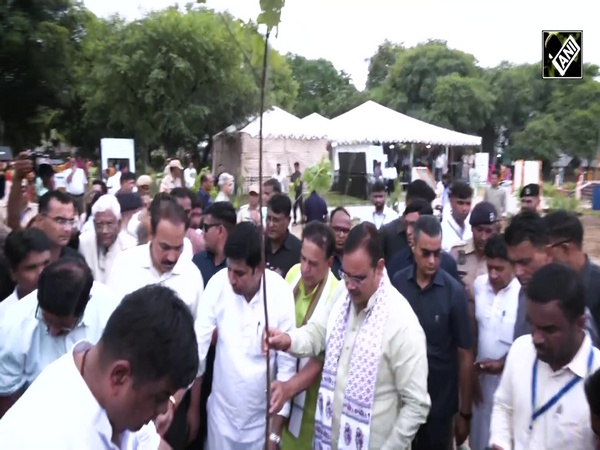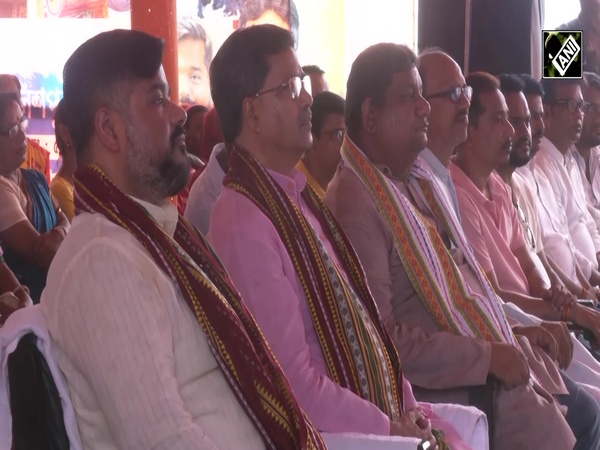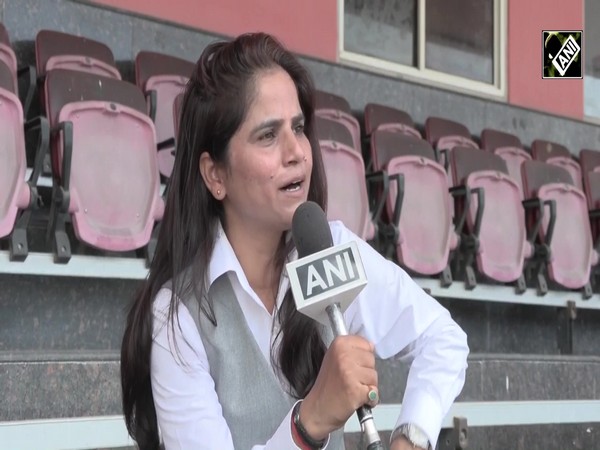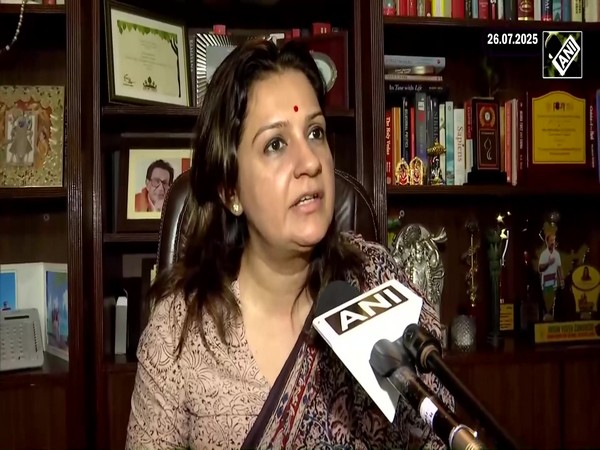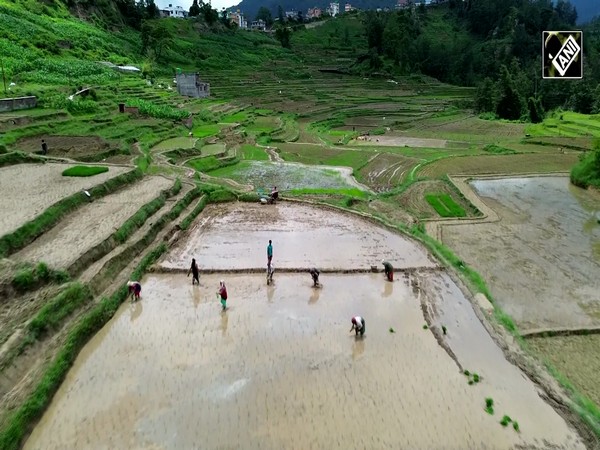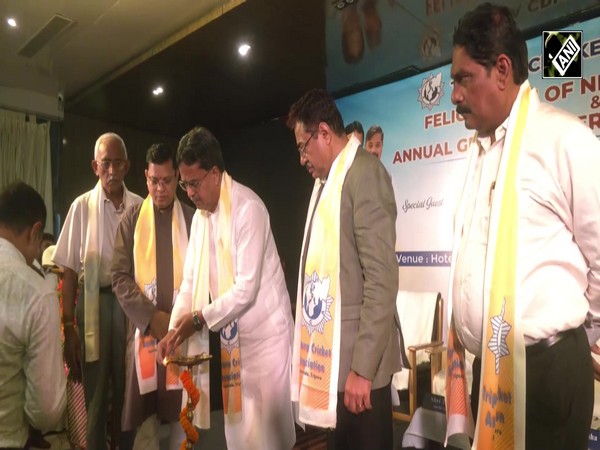Delhi court recommends extradition of Portuguese National wanted in London pub rape case
Oct 23, 2023

New Delhi [India], October 23 : Delhi's Patiala House Court recently recommended the extradition of a fugitive criminal (FC) wanted in a London pub rape case of 2017.
The fugitive criminal, identified as Jose Inacio Cota, is a Portuguese national and originally from Goa.
The court rejected his submissions related to the authenticity of the evidence (documents) against him. He also argued that he is a victim of racial discrimination and that he can't be extradited as a criminal case is pending against him in Goa.
Additional Chief Metropolitan Magistrate (ACMM), Abhishek Kumar, recommended the extradition of Jose Inacio Cota after considering the evidence and arguments by the central government as well as defence counsel.
"I recommend to the Union of India the extradition of Mr. Jose Inacio Cota, the fugitive criminal (FC), on the charge of rape under Section 1(1) of the Sexual Offences Act, 2003," ACMM ordered on October 12, 2023.
In 2021, the Ministry of External Affairs requested the court for an extradition inquiry under Section 5 of the Extradition Act, 1962, in respect of Jose Inacio Cota, at the request of the Government of the United Kingdom (UK) of Great Britain and Northern Ireland.
As per the application filed under Section 6 of the Extradition Act, the FC is wanted to stand trial in the Court of Law in the UK, charged with the offence of rape contrary to Section 1(1) of the Sexual Offences Act, 2003.
ACMM Abhishek Kumar said, "I conclude that all the necessary conditions for evaluating the extradition request have been met. The offence with which FC has been charged, i.e., rape under Section 1(1) of the Sexual Offences Act, 2003, qualifies as an extraditable offence."
The court also said that the documents received through the extradition request satisfied the authentication requirements outlined in both the treaty and the act, effectively establishing a prima facie case against the FC.
The court acknowledged and expressed its sincere appreciation for the valuable assistance and cooperation provided by the learned Special Public Prosecutor (SPP), Rekha Pandey, and Defence Counsel, Arpit Batra, during the inquiry proceedings.
The story behind the case in the UK (the requesting state) is that on May 28, 2017, the complainant attended Two Rivers Pub in England's Staines to celebrate a friend's birthday, and the FC was known to the complainant through a third party. The FC while working behind the bar, approached her and asked to speak with her in the back room, where he had committed rape.
Thereafter, the accused was detained, and an investigation was conducted. The evidence collected was provided to the Crown Prosecution Service (CPS) of England and Wales, wherein a decision was made by the CPS prosecutor that there is a realistic prospect of conviction and to prosecute the FC for the offence of rape contrary to Section 1(1) of the Sexual Offences Act, 2003.
However, FC left the country before he could be formally charged for the offence, the court noted.
SPP Rekha Pandey argued on behalf of the Union of India that there is ample evidence on record, establishing a prima facie case for the extradition of FC on charges of rape.
It was also submitted by the SPP that the offence with which FC has been charged by the requesting country is an extraditable offence, as similar conduct is punishable under Section 375 of the IPC with imprisonment of more than one year.
On the other hand, advocate Arpit Batra, counsel for FC, primarily disputed the admissibility of the documents relied upon by the Union of India, arguing that no prima facie case has been established against the accused for extradition.
He also asserted that the purpose of the inquiry is to ascertain whether the authentication and evidentiary requirements of the Act have been fulfilled.
Counsel for the FC raised objections regarding the authenticity and admissibility of the authentication certificate accompanied by documents.
The counsel had also objected to the authenticity of the first supplementary bundle of documents received by way of electronic means.
The second and third supplementary bundles of documents were also disputed on the point of authenticity as well as admissibility by the counsel.
The counsel argued that FC has been a victim of racial discrimination and, therefore, is protected by the extradition treaty. He further contended that there is also one pending criminal case against FC in the state of Goa, and as such, until the trial is concluded, FC cannot be extradited.
He stated that he sent a complaint to UK authorities about this discrimination, but no action was taken, indicating the authorities' bias.
However, it's important to note that the FC has merely made an accusation of racial discrimination without presenting substantial evidence to support it.
Consequently, the FC's argument that he's been wrongly implicated as a result of this discrimination is not convincingly established at this stage, the judge said in the order.
FC had contested the warrant's authenticity, contending that it was a photocopy and not an original issued by a judge, which purportedly appears to be signed by a clerk of the Justice of the Peace.
The court rejected the contention and said that in this context, it's important to note that neither the Act nor the treaty mandates that warrants must be in their original form. The essential requirement is that they should be signed by a judge, magistrate, or another competent authority.
The court also rejected the argument that this case was just a pub brawl and that the FC being wrongly accused doesn't apply at this stage.
The court said that such arguments are typically dealt with in a full trial where all the evidence and witnesses are thoroughly examined.
"In extradition proceedings, our main concern is to see if there's enough evidence to hand over the accused, not to decide their guilt or innocence. So, we don't assess the case in as much detail as in a trial. Detailed examinations and defence arguments belong in a trial in the requesting state where everything can be looked at more closely," the court said in the order.
